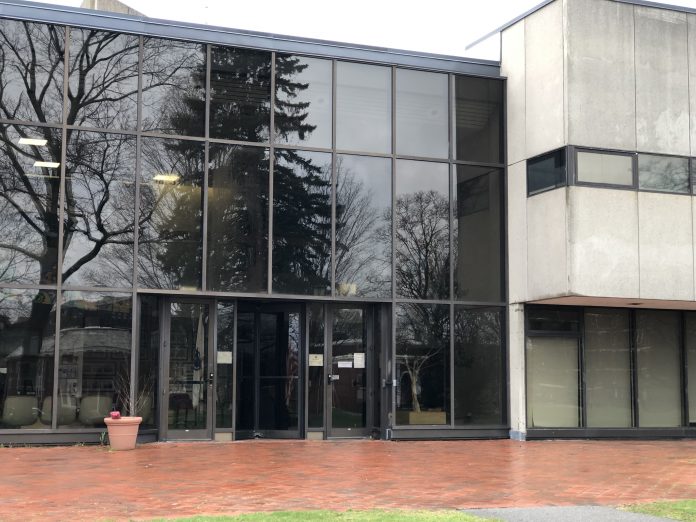Town Council convened on Monday, Nov. 25, with highlights ranging from recognition of local Scouts to discussions about tax rates and the proposal of a new town position.
Girl Scouts recognized for community impact
Members of Girl Scout Troop 19 opened the meeting by leading the Pledge of Allegiance. The council honored three junior Scouts, who earned their Bronze Award for their initiative, “Heat the Homeless.” The project was inspired by the girls’ encounter with a homeless man who had lost several fingers to frostbite.
FY25 tax classification
The Town Council engaged in a detailed discussion about the FY25 tax classification, aiming to strike a balance between supporting local businesses and minimizing the financial burden on residents. The tax classification determines how the town distributes the tax levy between residential and commercial properties.
Councilor Daniel Donovan opened the discussion by calling a residential factor between 1.25 and 1.28 “a reasonable range,” emphasizing the importance of finding a middle ground that reflects North Attleborough’s needs.
This decimal is called a residential factor. According to Federal Tax CCH Answer Connect, its purpose is to “determine the percentage of the tax levy to be paid by each class of real property and personal property for the fiscal year.”
Town Council President Justin Pare echoed Donovan’s sentiments but leaned slightly toward supporting businesses, noting competitiveness as a critical factor for economic growth. “The moral of the story is we are very, very competitive,” Pare said, “The tax rate is one of the things businesses take into account before moving here.” He stressed the importance of making North Attleborough an attractive location for business investment while avoiding overly burdening homeowners.
Councilor John Simmons supported setting the residential factor at 1.27, describing it as a balanced approach that would keep North Attleborough competitive without significantly increasing the tax burden on residents. Councilor Mark Gould Jr. also contributed, expressing interest in a slightly higher range of 1.27 to 1.29.
After deliberation, the council unanimously approved Simmons’ proposal to set the residential factor at 1.27, reflecting a collective decision to prioritize balance and stability.
The new tax rates are as follows:
Commercial and Industrial Properties: $15.72 per $1,000 of Assessed Valuation.
Personal Properties: $15.67 per $1,000 of Assessed Valuation.
Residential Properties: $11.79 per $1,000 of Assessed Valuation.
Director of Community Development
The council also discussed the creation of a new position, director of community development, to replace the now-vacant economic development coordinator role. Town Manager Michael Borg presented the proposal, emphasizing the need for a comprehensive approach to growth and collaboration across municipal departments.
“This is a focus on economic growth,” Borg explained. “At the bedrock of that is customer service.”
He outlined the vision for the new role, which would integrate efforts across the Planning, Conservation, Zoning, and Building departments. The director would also serve as a single point of contact for residents, developers and businesses, aiming to streamline processes and improve communication.
Councilor Andrea Slobogan highlighted the urgent need for better communication between the town and its business community, noting, “The thing I’ve heard the most from business owners and contractors is that North Attleborough is impossible to work with.”
She expressed hopefulness that the new role could address these concerns by creating a central point of contact to streamline processes and resolve issues.
Pare agreed on the importance of accountability, suggesting the council establish metrics to measure the success of the new position.
“There should be a measurable way to determine success,” Pare said, emphasizing the need for clear goals to track the director’s impact on economic development.
Councilor Andrew Shanahan stressed the importance of hiring the right candidate for such a critical role. “We want to make sure they understand all of these departments,” he said.
Shanahan also called for a thorough vetting process to ensure the candidate has the necessary expertise in development and collaboration.
The council will continue refining the proposal, including finalizing the title and responsibilities of the position, before proceeding with the hiring process. While no formal vote was taken, the discussion reflected broad support for the initiative.

